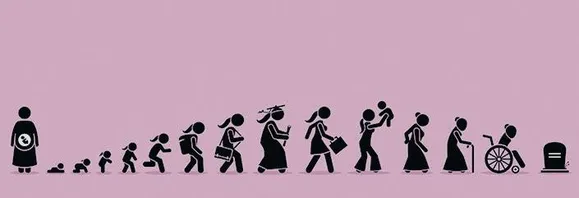
defending our faith
Is Piper right on pets?

Chris Sinkinson
Have you ever been asked a question and been completely stumped to give an answer? There is a healthy dose of humility when once in a while we are caught out by a question and truly at a loss for words.
I remember being in exactly that situation. It did not concern biological evolution, manuscript evidence for the New Testament, or an ethical question raised by new technology. It was at an assembly at a local first school when a reception-year child raised a hand to politely ask: ‘My rabbit died this weekend, will he be in heaven?’

politics & policy
Life and death in focus

James Mildred
Last month, a truly awful abortion amendment was withdrawn from the UK Government’s Police, Crime, Sentencing and Courts Bill. Its intention was to legalise abortion to birth for any reason in England and Wales.
Had it succeeded, the door would have been opened to sex-selective abortion and ever-increasing numbers of abortions. In a context where 200,000 abortions took place in England and Wales last year alone and where 9.5 million have taken place since 1967, the situation could hardly be made worse. I’d love to tell you that the amendment was withdrawn because of a growing concern in Parliament about the abortion lobby. The truth, I suspect, is more complex. Tacking an amendment that would have resulted in major social change onto another Bill is a sure-fire way of irking colleagues in the Commons. The MP who tabled the amendment, Diana Johnson, herself claimed it was only a ‘probing amendment’ and she never planned to push it to a vote. At the same time, it was encouraging to see and hear stories of how Christians did their bit – writing to our MPs and engaging with the issue clearly had an impact. Anecdotally I’ve been told that MPs received more than 71,000 emails and letters. For anyone who has been used to being rebuffed by their MP in recent times, it is surely an encouraging reminder to keep going. Sometimes our efforts at lobbying do help to make a difference.
Diogo Jota, Jesus and dealing with grief
Approximately 150,000 people die each day worldwide. Death really is all around us, and yet every now and again there is a death that grips the world. That proved to be the case with former Liverpool footballer Diogo Jota who died recently in a sudden crash crash at the age of 28 along with his younger brother.
A talented footballer. A family man. An infectious personality. A role model. Here was a young man with his whole life ahead of him taken in his prime. Everything about his death was tragic. There was a moving tribute from Jota’s Portuguese teammate Christian Ronaldo who summed up the feelings of many when he simply posted on X, "It doesn’t make sense."